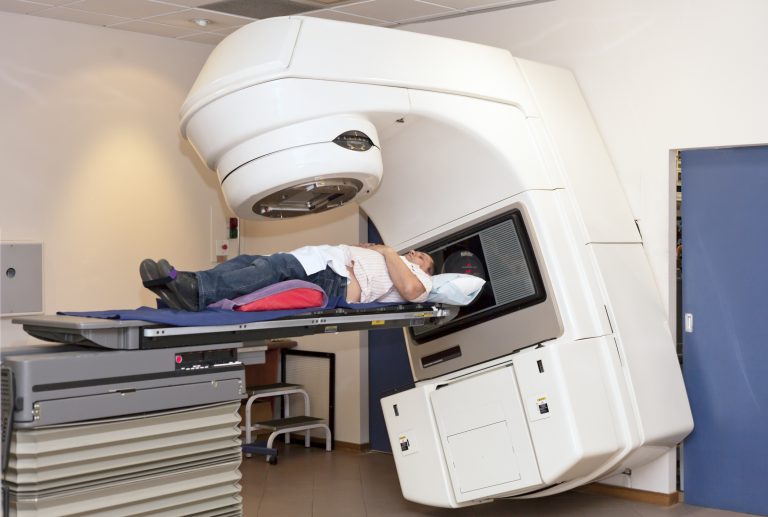
Black men with more aggressive disease appeared to have better outcomes than their white counterparts in a meta-analysis of radiation therapy trials, according to a study by UCLA Jonsson Comprehensive Cancer Center researchers.
“These results provide high-level evidence challenging the common belief that Black men who are diagnosed with prostate cancer will necessarily have a worse prognosis than white men,” said Amar Kishan, associate professor and vice chair of clinical and translational research in the Department of Radiation Oncology at UCLA. Kishan is a co-senior author of an article in the Dec. 29 issue of JAMA Network Open.
“This is especially important because an unfounded belief can inadvertently contribute to ‘cancer injustice,’ leading to the use of more aggressive treatments than might be necessary—potentially reducing quality of life—and diverting attention away from other important factors that can influence outcome, including access to more comprehensive healthcare,” said Kishan.
In what is believed to be the largest meta-analysis of its kind on the subject, the researchers reviewed individual patient data of 8,814 patients from seven randomized clinical trials on radiation therapy for prostate cancer—studies that enrolled a substantial number of Black men and were conducted by the Radiation Therapy Oncology Group (RTOG)/NRG Oncology. All patients in the trials received either standard or high-dose radiation therapy, and some also underwent short- or long-term androgen deprivation therapy.
Of the total, 1,630 men self-identified as Black and 7,184 as white. Overall, Black men were younger, with a median age of 68 versus 71, and they were significantly more likely to have high-risk disease.
Ting Martin Ma, a resident physician in the Department of Radiation Oncology at the David Geffen School of Medicine at UCLA, said Black men are more likely to be diagnosed with prostate cancer than white men, and they have a two-fold increased risk of dying from the disease, but until now there have been no significant studies to assess race-specific differences in response to initial therapy.
“Although previous studies have shown that death due to prostate cancer was similar for Black men and white men—provided there is equal access to care and standardized treatments—death from prostate cancer often is the culmination of many years of multiple salvage therapies, and prostate cancer mortality does not intrinsically capture initial responsiveness to primary therapy,” Ma said.
Co-senior author Daniel Spratt, the chairman of the Department of Radiation Oncology at University Hospitals Seidman Cancer Center, said, “Race is a social construct, and thus any findings observed must be viewed through this lens; this includes the social and/or biological manifestations from structural racism.”
Ma added that it is important to note that the men in these studies not only had access to clinical trials, but they enrolled in trials in which all patients received the same treatment. Because Black men tend to be less willing to entertain the idea of participating in clinical trials—a byproduct of medical mistrust—this equity in access to care and receipt of treatment may not be representative of the general population.
“These results do not suggest that there are no biological differences that might drive differences in prostate cancer incidence between racial groups,” the authors said. “In fact, it is possible that the association with differential treatment response that is noted might be, at least in part, explained by differences in underlying biology.”













